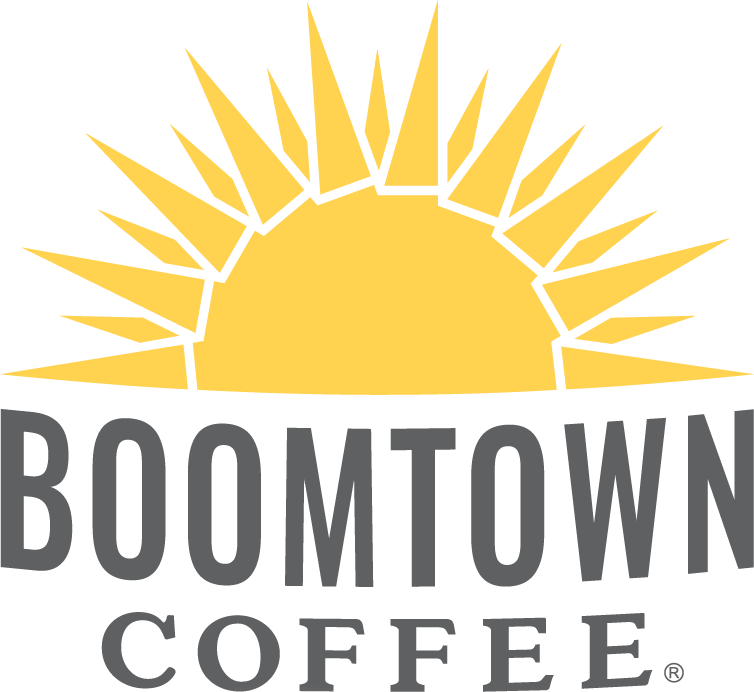Reflecting on "Sour Grapes": Could Someone Counterfeit Coffee?
There’s a documentary on Netflix called “Sour Grapes” by filmmakers Jerry Rothwell and Reuben Atlas. It tells the fascinating story of Rudy Kurniawan – a man who took the wine auction industry by storm. At auctions, he would bid (at the time) unprecedented amounts of money on rare wines. He created a bull market and cashed in big by selling off some of his collection at more auctions to the tune of $35 million. The catch? Kurniawan had a skilled palate, an eye for details, and a Gatsby-like charisma, and made a fortune selling extremely believable counterfeit wines.
This documentary doesn’t just tell Kurniawan’s story of fraud. In fact, the filmmakers don’t even imply that Kurniawan was such a bad guy. In a not-so-subtle kind of way, they revel in acknowledging that a lot of the big players in wine don’t really know what they’re tasting or why it’s worth money – many of them are buying it for the sake of status. The documentary places interview after interview of smug-faced men bragging about their wine collections, arrogantly detailing their million-dollar dinner parties, or advising what years of Champagne to buy (“buy ’96… if you can’t afford that, buy ’02… if you can’t afford that, drink beer”).
So, does this have anything to do with coffee ?
I have found—working in the coffee industry—that food and drink documentaries make a huge impact on me because I always make analogies: Samin Nosrat in the wonderful “Salt, Fat, Acid, Heat” makes me question my fundamental opinions on beverage recipes, I dream of a “Jiro Dreams of Sushi” level coffee experience, and “Somm” is so humbling and eye-opening—it showcases true mastery of craft.
But “Sour Grapes” leaves me solemn. Coffee professionals have made comparisons between coffee and wine for a long time, but there hasn’t been a lot of discourse regarding the dark sides. I came away with two huge questions:
1. Could someone exploit the industry and sell counterfeit coffee?
2. Do coffee lovers really love coffee, or is it something else?
Could someone counterfeit coffee?
I believe it would be very simple to sell counterfeit coffee. In the documentary, Kurniawan had to buy special papers to emulate vintage aging. He had to buy corks and find bottles from the region and time period, and he had to craft blends of wine that would pass for the real thing.
Coffee gets sealed off in a bag, and our labels are printed from an online distributor and slapped on by hand. If coffee starts selling at a higher cost (which is something we strive for in the industry, for the betterment of small coffee companies and farmers), could someone pass off lesser coffee for expensive, rare lots?
Unfortunately, I believe so. Unfortunately, I believe it might be inevitable.
Credibility and trust are incredibly important in any business, and I think Boomtown will have to strive to build it forever—keep us honest! Transparency is vital, and company culture will be a defining factor in ensuring that everything we do is done right.
Do coffee lovers really love coffee or is it something else?
I think I love coffee. I think it’s possible some people buy coffee for status.
However, I think it’s much more common that people love coffee in a much more nuanced way. People might love coffee, but they might also love being in a coffee shop, or having a calm morning ritual, or drinking coffee with loved ones, or for caffeine. And you know what? All of those are great reasons to love coffee.
Elitism is kind of prevalent in the coffee industry. Unfortunately, the snobby barista has become a stereotype. We hope that Boomtown will always feel like a neighborhood joint – a place you can take the family and the dog and never feel unwelcome. At least in Houston, it feels like there’s a sense of a larger coffee family, and we love that many of us value that over exclusivity.
Instead of indulging in status-seeking individuals, let’s drink coffee for good reasons. We can’t let a few sour apples (or sour grapes) ruin the whole bunch.
<3 Chris Porto, Boomtown Coffee
